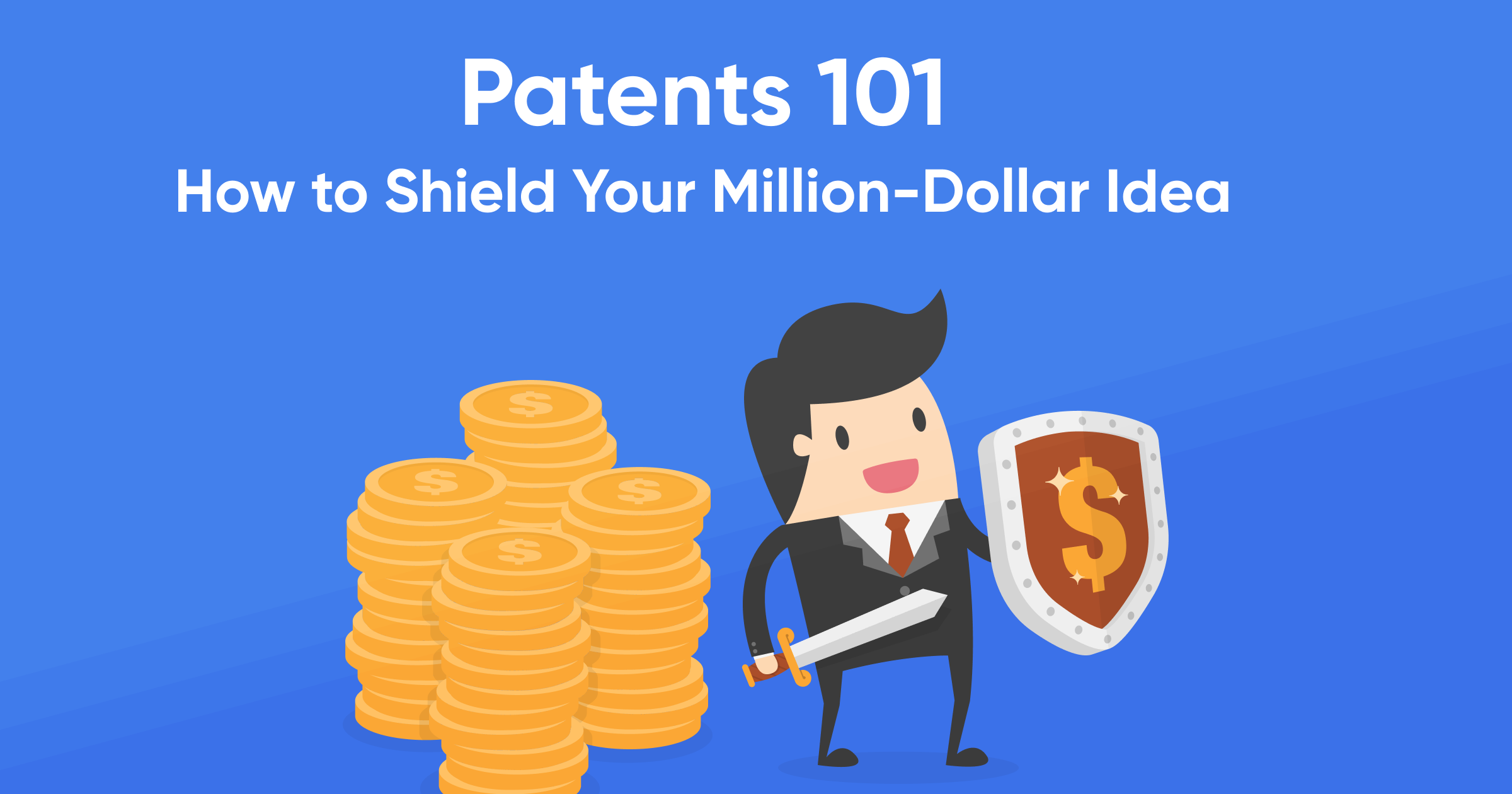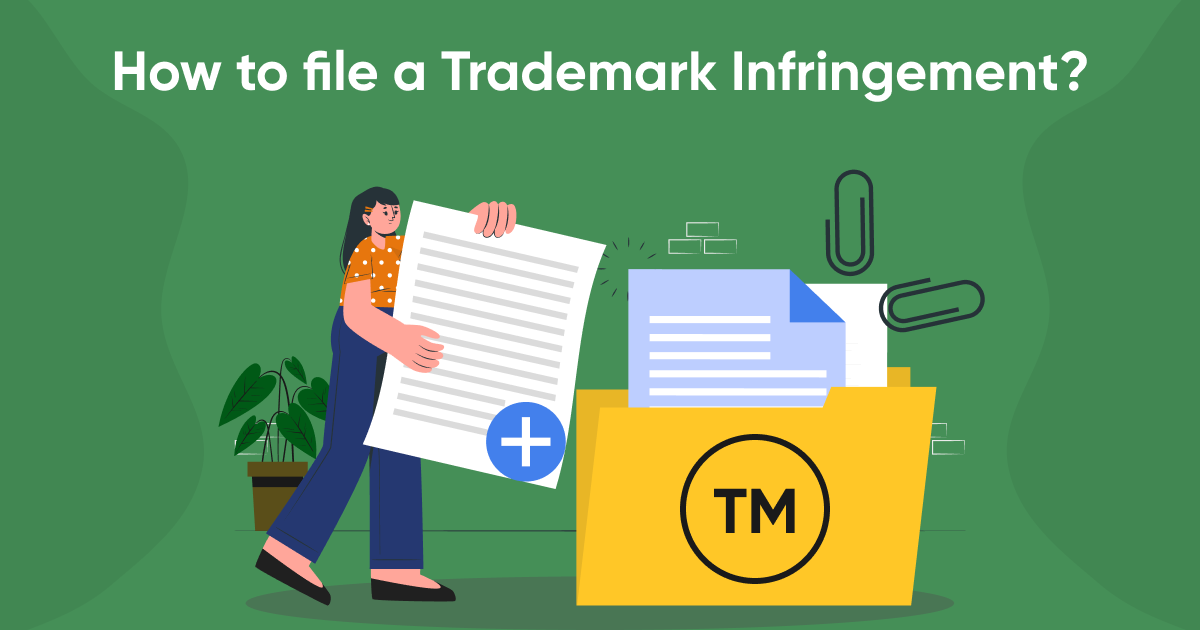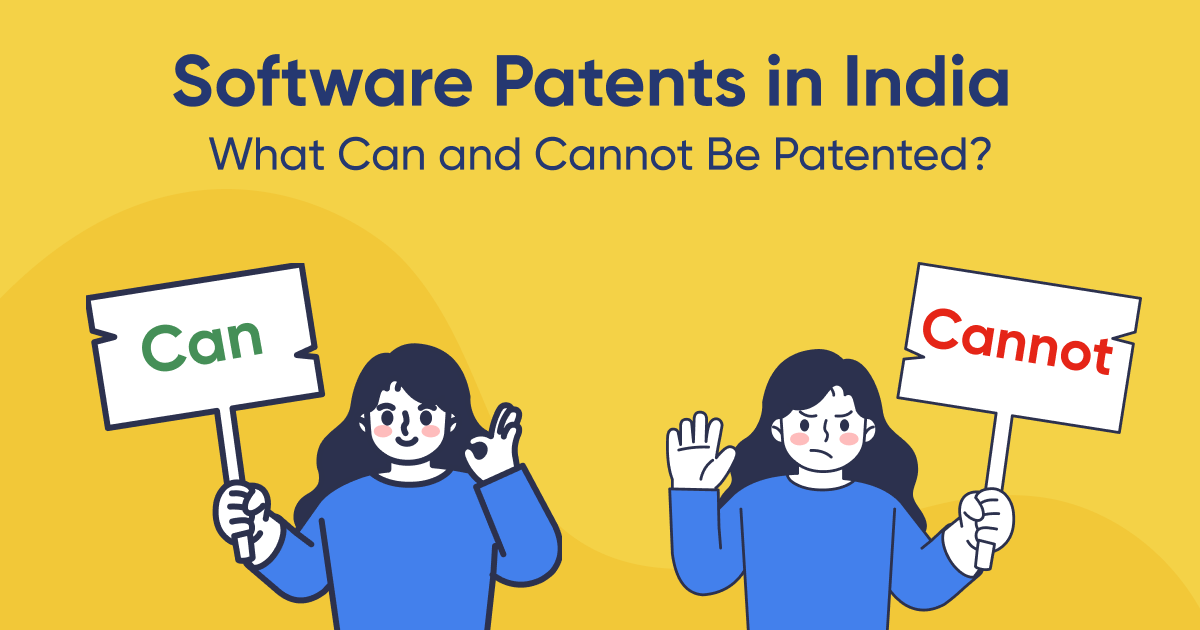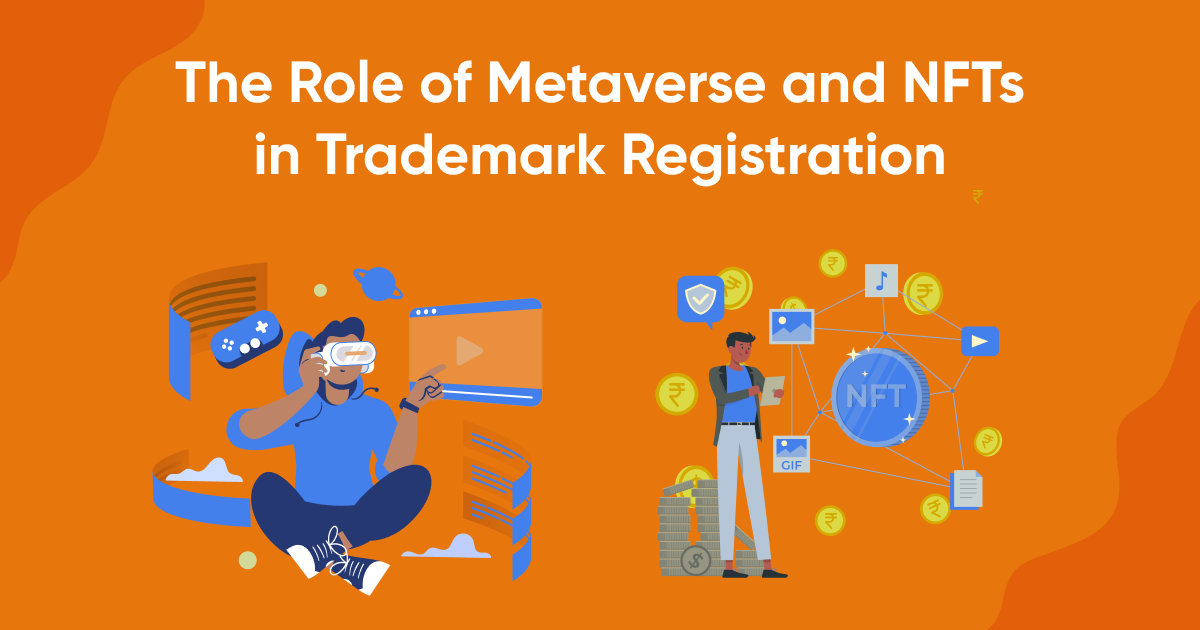Introduction
Ever dreamt up the next big invention? That foldable phone booth that doubles as a jetpack? (Hey, there's a market for everything!) But genius ideas are like butterflies—delicate and easily copied. That's where patents come in, acting like a forcefield to protect your innovation and turn it into a profitable reality.
So, how do you navigate the exciting yet complex world of patents? Buckle up, because we're about to blast off on a crash course to patent mastery!
What Exactly Is a Patent?
Think of a patent as a legal shield granted by the government. It grants you, the inventor, the exclusive rights to make, use, sell, offer for sale, or import your invention for a set period (usually 20 years in the United States). This means no copycats can swoop in and steal your thunder. Patents incentivize innovation, ensuring inventors are rewarded for their creativity and can recoup the investment of time and resources poured into bringing their ideas to life.
Not All Ideas Are Created Equal: What Can Be Patented?
Not every brainstorm qualifies for patent protection. The US Patent and Trademark Office (USPTO) has specific criteria to ensure patents are granted for truly innovative ideas. Here's what they're looking for:
- Novelty: Your invention must be new and original. It can't be something that already exists or has been publicly disclosed before you filed your patent application.
- Utility: Your invention needs to have a practical use. It can be a new product, process, machine, composition of matter, or even an improvement on an existing invention.
- Non-obviousness: This criterion means your idea can't be an obvious improvement on something that already exists. It can't be something that someone with ordinary skills in the field would have easily come up with on their own. There must be an inventive step involved.
Patent Pending: The Step to Patent Protection
The road to patent protection isn't always a straight line, but you can increase your chances of success with careful planning. Here's a simplified roadmap:
- Document Everything: Ideas are fleeting, so capture every detail of your invention in writing, detailed sketches, or even prototypes. The more comprehensive your documentation, the stronger your case will be.
- Do Your Research: Before filing your patent application, it's crucial to determine whether similar inventions already exist. Conduct a thorough patent search to identify any potential roadblocks.
- Consider a Patent Attorney: The patent process, with specific legal language and procedures, can be tricky. Patent attorneys are experts in navigating the complexities and can be your secret weapon, ensuring your application is strong and adheres to all the requirements.
- File Your Patent Application: This is where you officially stake your claim. The application details your invention, including a written description, drawings, and claims that clearly define the scope of your invention and what you're seeking protection for.
Pro Tip: Don't publicly disclose your invention before filing your application! This can jeopardize your chances of getting a patent. Keep your invention confidential until you have a patent pending status.
Patents: Your Ticket to Innovation Takeoff
Patents aren't just about shielding your ideas; they can be a springboard for success in a competitive marketplace. Here's how patents can empower you:
- Attract Investors: A patent shows investors you're serious and have a legally protected product with the potential to generate significant returns. It demonstrates the viability and marketability of your invention.
- License Your Invention: Strike a deal with other companies or individuals to use your invention for a fee. This allows you to profit from your creation without having to manufacture or sell it yourself.
- Sell Your Patent: Patents themselves can be lucrative assets. You can sell your patent outright to another company, potentially for a substantial sum.
Conclusion
The domain of patents is vast and dynamic, serving as a cornerstone for innovation across industries. By combining deep knowledge with creativity, inventors can turn their ideas into recognized and impactful innovations.
Patents play a key role in protecting intellectual property, ensuring that inventors can benefit from their work without fear of imitation. This protection not only encourages the sharing of new inventions but also attracts investment, crucial for ongoing research and development.
Understanding patent law, the application process, and strategies for defending against infringement is essential for leveraging patents to drive progress and enhance company valuation in a competitive market.
For more information on patent law and the application process, visit IP India's Patents Page.
Frequently Asked Questions
How much does it cost to get a patent?
The expense of securing a patent can fluctuate based on the complexity of the invention and the decision to engage a patent attorney. Expect to pay several thousand dollars for the entire process, which can include patent search fees, application fees, and attorney fees.
Can I get a patent internationally?
If someone makes, uses, sells, offers for sale, or imports your patented invention without your permission, you can take legal action against them. This can involve filing a patent infringement lawsuit in court. If you win, you may be entitled to damages, an injunction preventing the infringer from continuing their activities, and attorney fees.
What are the legal steps if someone infringes on my patent?
If someone manufactures, utilizes, sells, offers for sale, or imports your patented invention without your consent, you have the right to pursue legal action. This typically involves filing a lawsuit for patent infringement in court. Should you prevail, you could receive damages, an injunction to halt the infringer's activities, and compensation for legal fees.
How long does a patent last?
A patent typically lasts 20 years from the filing date in the United States. This gives you two decades of exclusive rights to your invention.
Do I need a prototype to get a patent?
While a prototype is not always mandatory, having one can strengthen your patent application. It demonstrates the functionality and feasibility of your invention. Detailed drawings and descriptions can suffice in some cases, but a prototype can be particularly helpful for complex inventions.







